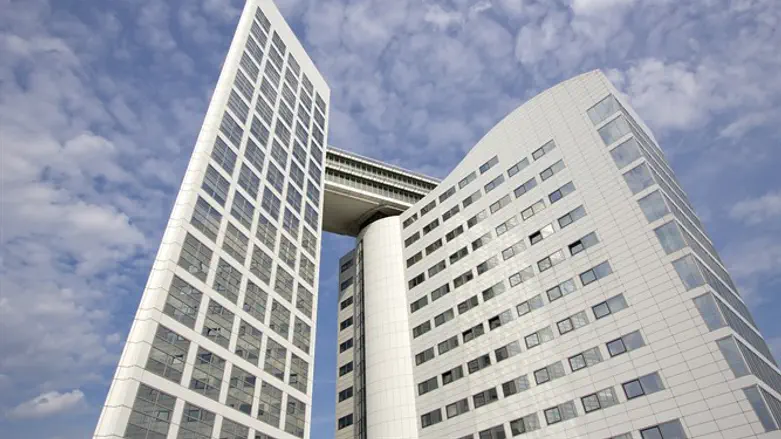
Iran on Tuesday filed a lawsuit against the United States with International Court of Justice, alleging that Washington’s decision in May to impose sanctions after pulling out of the 2015 nuclear deal violates a 1955 treaty between the two countries, Reuters reported.
A State Department official said the application was without merit and the United States would fight it in the court.
“While we cannot comment on the specifics, Iran’s application is baseless and we intend to vigorously defend the United States before the ICJ,” a State Department official, who spoke on condition of anonymity, told Reuters.
In May, President Donald Trump pulled out of the 2015 deal under which sanctions on Iran were lifted in return for curbs to its nuclear program. Washington has since told countries they must stop buying Iranian oil from November 4 or face financial measures.
Under the 2015 deal, which Trump had rejected, Iran reined in its disputed nuclear program under UN monitoring and won a removal of international sanctions in return.
The ICJ, which is based in The Hague and is also known as the World Court, is the United Nations tribunal for resolving international disputes. Iran’s filing asks the ICJ to order the United States to provisionally lift its sanctions ahead of more detailed arguments.
“Iran is committed to the rule of law in the face of U.S. contempt for diplomacy and legal obligations,” Iranian Foreign Minister Mohammad Javad Zarif said in a tweet on Monday, referring to Tehran’s lawsuit at the ICJ.
Iran said in its filing that Trump’s move “has violated and continued to violate multiple provisions” of the Treaty of Amity, Economic Relations and Consular Rights, signed long before the 1979 Islamic Revolution that ousted the U.S.-allied shah and triggered decades of hostile relations with Washington.
In a lawsuit filed by Iran in 2016 based on the same 1955 treaty, Washington argued that the ICJ had no jurisdiction. The court has scheduled hearings in that case in October.
The next step in Iran’s new lawsuit will be a hearing in which the United States is likely to contest whether it merits a provisional ruling. The court has not yet set a date, noted Reuters, but hearings on requests for provisional rulings usually are heard within several weeks, with a decision coming within months.
Although the ICJ is the highest United Nations court and its decisions are binding, it has no power to enforce them, and countries - including the United States - have occasionally ignored them.
While the U.S. has left the deal, its European signatories said they would remain in it and are trying to save the accord, which they see as crucial to forestalling an Iranian nuclear weapon.
Tehran has demanded that Europe come up with an economic package to offset the effects of the U.S. withdrawal but so far has found Europe’s proposals to be unsatisfactory.
Russia and China, which also signed the deal, remain committed to it as well.
